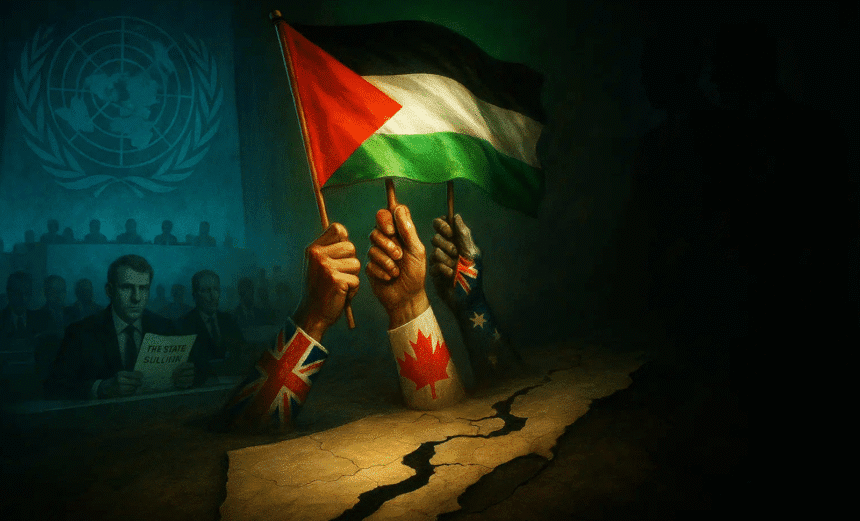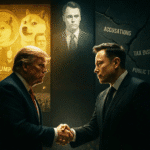As some of Israel’s closest friends take unexpected moves to recognise Palestine, a significant increase in worldwide support for Palestinian statehood is emerging. On Sunday, the United Kingdom, Canada, and Australia formally declared their recognition, becoming the first G7 countries to do so through a coordinated diplomatic effort. Portugal quickly followed as well, emphasizing its long-standing foreign policy commitment to a two-state solution.
Paulo Rangel, Portugal’s foreign affairs minister, emphasized that the recognition is part of “a fundamental line of Portuguese foreign policy,” which calls for an immediate truce in Gaza and demands that Hamas surrender control of the area. Other countries likely to formalize recognition include Belgium, France, Luxembourg, Malta, and possibly New Zealand and Liechtenstein, with a special UN summit planned to speed up these efforts.
These coordinated announcements show growing alarm among foreign leaders about Israel’s settlement expansions, particularly in the West Bank’s E1 corridor, which critics say threaten all remaining hopes for a viable Palestinian state. French President Emmanuel Macron, a key supporter of the recognition drive, cautioned that ongoing occupations might inevitably undermine the two-state solution. Macron also stated that acknowledging Palestine does not reward Hamas, but rather improves the basis for a reformed Palestinian Authority to take over rule in Gaza in the aftermath of the ceasefire.
Western governments strike a careful balance between humanitarian concerns and geopolitical goals. British Prime Minister Keir Starmer described the recognition as a step toward maintaining hope for peace: “A safe and secure Israel alongside a viable Palestinian state.” At the moment, we have neither. Canada’s Prime Minister Mark Carney emphasized collaboration in achieving “the promise of a peaceful future,” while Australia’s Anthony Albanese emphasized long-standing Palestinian aspirations for independence.
Despite these measures, the US and Israel have mainly disregarded the recognition as symbolic, with a State Department spokeswoman calling it “performative” and emphasizing objectives such as captive release, Israeli security, and a Hamas-free path to peace. Israeli Prime Minister Benjamin Netanyahu has resisted the recognition, warning that annexation decisions and ongoing operations in Gaza are vital for national security.
The recognition wave coincides with efforts to avoid the Palestinian Authority’s financial collapse, with France, Saudi Arabia, Norway, and Spain coordinating emergency funds to maintain governance in the territories. The international alliance expects that these steps, together with changes to disarm Hamas, will improve chances for stability and a genuine Palestinian state.
As momentum builds, Germany, Italy, and the Baltic states remain cautious, reflecting the political and geopolitical challenges involved. However, the acts of the United Kingdom, Canada, and Australia are historic in that they signify a reinvigorated global commitment to Palestinian self-determination and keep the goal of a two-state solution alive in the midst of one of the most dangerous eras in Middle Eastern history.












